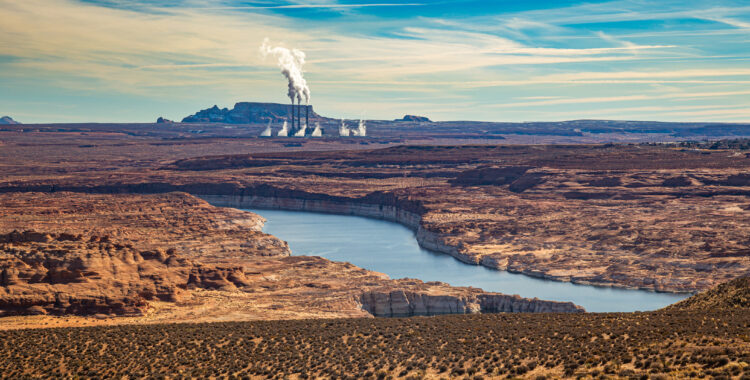
Our team at OnderLaw has seen the tragic impacts that oil and gas production have had on Native American lands. In a significant move, the Biden administration has ordered the withdrawal of hundreds of square miles in New Mexico from further oil and gas production for the next 20 years.
This decision specifically targets areas on the outskirts of the sacred Chaco Culture National Historical Park, which holds immense cultural importance for tribal communities. The new order, issued by Secretary of the Interior Deb Haaland, aims to safeguard public lands and associated mineral rights within a 10-mile radius of the park, excluding privately, state-, or tribal-owned entities. Existing leases will remain unaffected by this measure.
The order is being cheered by some and begrudged by others. Unfortunately, we cannot ignore the economic impacts of the oil and gas industry have for tribal members, many whom depend on these corporations for much-needed jobs. Still, those jobs are coming at a high cost to the environment and to cultural sites.
Preserving Cultural Heritage and Environmental Concerns
The plan has generated extensive debate and discussions, with various stakeholders expressing their perspectives. While the New Mexico Oil and Gas Association has raised concerns about potential economic impacts and Navajo landlocked leases, Navajo Nation officials have advocated for a smaller area to be set aside, considering the financial benefits derived from oil and gas revenues. Chaco Culture National Historical Park, recognized as a World Heritage site, holds historical significance as the center of Indigenous civilization, with numerous Southwest tribes tracing their roots to this desert outpost.
Secretary Haaland’s Statement and Environmental Impact
Secretary Haaland expressed her appreciation for the efforts made by Tribal leaders, elected officials, and stakeholders in conserving this unique area. She highlighted the importance of President Biden’s commitment to Indian Country and protecting Chaco Canyon as a sacred place for Indigenous peoples. An assessment conducted by the Interior Department indicates that the withdrawal will result in only a few dozen wells not being drilled, ensuring the preservation of over 4,700 known archaeological sites outside the park.
Mixed Reactions and Future Collaborations
While the Interior Department’s decision has been met with disappointment by some, who believe it undermines the Navajo Nation’s position, a coalition of environmental groups and Native American activists has welcomed the order as a positive step toward safeguarding cultural sites and the region from pollution and climate change. This move is seen as a crucial first step, with advocates emphasizing the need for comprehensive landscape management to phase out new and existing oil and gas development.
A Roadmap for Collaborations and Broader Management:
The Chaco initiative is regarded as an innovative effort that could provide valuable insights and lessons for future collaborations with tribes. Recognizing the significance of federal land across the region, Secretary Haaland, a member of Laguna Pueblo and the first Native American to lead a Cabinet agency, is committed to examining how federal lands can be better managed to balance environmental considerations and cultural preservation.
The order to withdraw areas near Chaco Culture National Historical Park from further oil and gas production reflects a significant commitment to preserving cultural heritage and protecting the environment. By recognizing the sacred importance of this site for tribal communities, the Biden administration has taken a crucial step toward ensuring the conservation of archaeological sites and addressing climate change concerns. As efforts continue to manage federal lands more effectively and foster collaborations with tribes, it is hoped that this initiative will serve as a blueprint for similar endeavors across the country, promoting the harmonious coexistence of cultural heritage and environmental preservation.
OnderLaw is proud to stand by tribal nations in environmental impact lawsuits in New Mexico and throughout the United States. We’re holding gas and oil companies accountable for the damage that they’ve done and preserving the future for generations to come.






